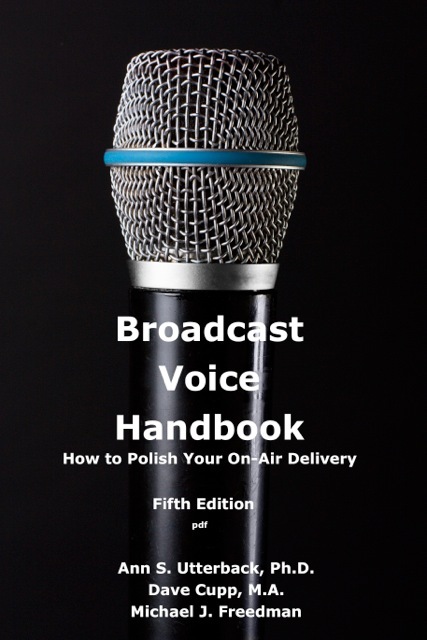|
VOICE ACTING How To Change Your Vocal Resonance From A Thin Voice To Rich And Full Part 2 See Part 1: Why Your Recorded Voice Sounds Different From What You Hear In Your Head February 8, 2017  By Ann Utterback By Ann UtterbackVoice Specialist and Author, Broadcast Voice Handbook A thin voice is one of the problems my clients contact me about most often. They ask if there is anything that can be done about it. I always tell them that it’s one of the toughest problems to fix, but that doesn’t mean it’s impossible. I have heard almost 100% improvement in some clients, but it takes a devoted person who will work diligently to make the change. Why is it so hard? There may be multiple reasons why the person is using a thin voice. Some of them are physiological and some of them may be psychological. Consider Marilyn Monroe’s voice. It was thin and childlike for a reason. It made her appear vulnerable and helpless, which fit most of the roles she was given. TONGUE AND JAW Let’s look at the physiological reasons for a thin voice. The problems are in the position of the tongue and the openness of the jaw. Both of these contribute to the amount of air that can resonate in the oral cavity. The more air that resonates, the richer and fuller the voice sounds. If the tongue is raised high in the mouth, as it usually is in a thin voice, then it takes up more room. Likewise, if the jaw is not open (especially at the back), there is less air in that resonating cavity. SAY THE WORD ... Let’s try an exercise to feel the tongue issue.
NOW THE JAW ... For the openness of the jaw, I tell clients to think of an inverted megaphone with the large part in the back of the mouth and the narrow opening in the front. This gives you a nice opening of the jaw. To practice this, say "ah” and then any word to follow it. Try to keep the open feeling you get with "ah” as you say the other word. PRACTICE, PRACTICE ... Both of these exercises are important in beginning to turn a thin voice into a rich, full voice. The bummer is that you have to practice every day, and it may take months before you hear a change. Here’s an added tip that will begin to help immediately: Avoid smiling while talking. Smiling works against the small opening of the mouth and actually makes your voice sound higher pitched. And, finally, if you need to sound childlike for a job, try humping up your tongue in your mouth and not opening your jaw very much! ------------------------------------  ABOUT ANN ABOUT ANNAnn
S. Utterback, Ph.D., is a voice specialist with more than 40 years
experience and has helped hundreds of people make the most of their
voices, working with broadcasters, voice over artists and podcasters
around the world. An author of eight books and over 50 articles on
voice, her Broadcast Voice Handbook is a classic textbook offering more advice on
how to improve your voice over performance.
Web: http://OnlineVoiceCoaching.comClick for: Broadcast Voice Handbook SEE MORE HELPFUL VOICE ACTING ARTICLES HERE |
|
|
Email alerts to new VoiceOverXtra articles
Get your bi-weekly dose here ... all things VO!
Inspiring interviews help your VO career
On Michael Langsner's Voice-Over Roadmap Podcast
As of the NEW website launch, 03/22/2012





.gif)




Interesting point about smiling while talking makes your voice higher pitched. Several coaches have told me to smile more since my baritone voice comes across as too serious. Adding smile raises the tone of my voice and makes me sound friendlier, but with a hint of authority.
Thanks for the article.